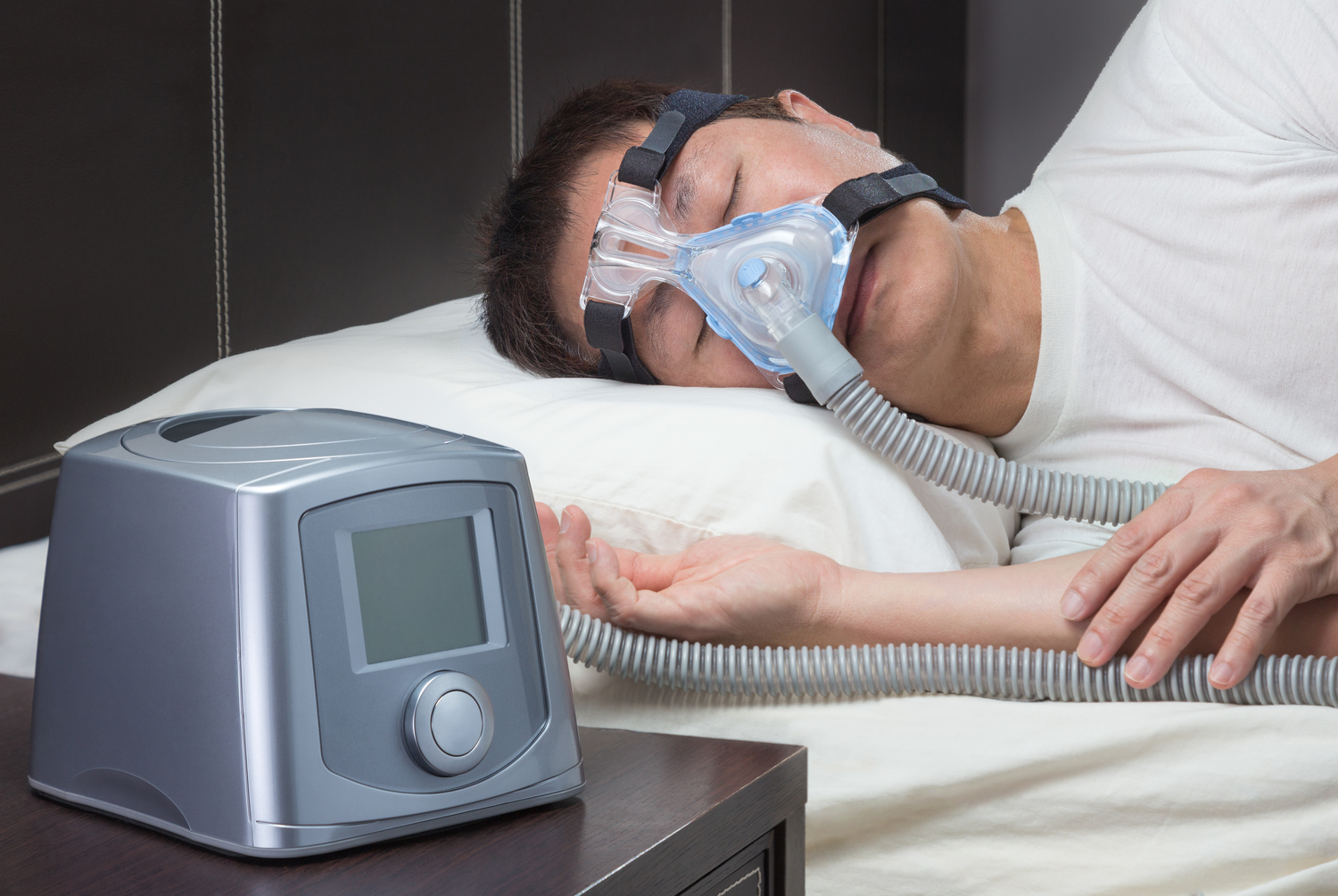
Sleep Apnea Risk Factors
Sleep apnea is a serious disorder that impacts a patient’s ability to breathe while they are sleeping. An individual may stop and restart breathing multiple times throughout the night, impeding them from getting a good night’s sleep. In some cases, sleep apnea can cause other serious disorders to develop, such as high blood pressure, diabetes, and even liver disease.
Read on to discover the risk factors that contribute to the development of sleep apnea:
1. Obesity
Obesity is one of the leading risk factors of developing sleep apnea. Increased weight makes it more difficult for the body to breathe properly, making people more prone to sleep apnea. Overweight individuals may eventually find themselves depending on a CPAP machine in order to breathe through the night. Although obesity is a leading cause of sleep apnea, the good news is that this risk factor can be controlled with lifestyle changes, eating a healthy diet, and engaging in regular exercise.
2. Narrowing of the airway
Some people with an increased risk of developing sleep apnea may have been born with a narrowed airway. Unfortunately this risk factor can be genetic. However, there are certain conditions that can also cause narrowing of the airway, including swollen tonsils. It is not uncommon for a child to be diagnosed with sleep apnea due to tonsillitis, and surgery is often recommended to rectify the situation.
3. Family history
Chances are, if a person has a family history of sleep apnea, they run the risk of developing the condition as well. Family history, regardless of other risk factors, can largely increase a patient’s likelihood of developing this condition. While a person cannot control their family history, they can modify other contributing factors and behaviors (i.e., smoking, obesity) in order to decrease the likelihood of developing this serious condition.
4. Smoking
This bad habit can lead to a wide variety of significant health conditions, including sleep apnea. Smoking can cause inflammation of the tissue surrounding the airway as well as increase the build up of fluids, which can cause obstructed breathing at night. A great way to decrease the risk of developing sleep apnea is to stop smoking. Consult a physician for effective ways to quit.
5. Excessive use of alcohol or sedatives
Because alcohol is considered a depressant, it often causes slower heart rate, decreased respiration, and relaxed muscles. Unfortunately, it also relaxes the muscles in the throat, making a person more prone to developing breathing issues while asleep. Likewise, the use of sleep aids causes a similar effect on the body, hindering a person’s ability to breathe effectively. In order to decrease one’s risk of developing sleep apnea, excessive use of alcohol and sedatives should be avoided. If you suffer with sleep issues, talk to your doctor about healthier ways to relax and fall asleep more naturally.
Although sleep apnea is a serious disorder that affects thousands of Americans every year, there is hope. By assessing your risks and talking about your concerns with a physician, it’s possible to take control over your wellbeing and lead a better quality of life.



